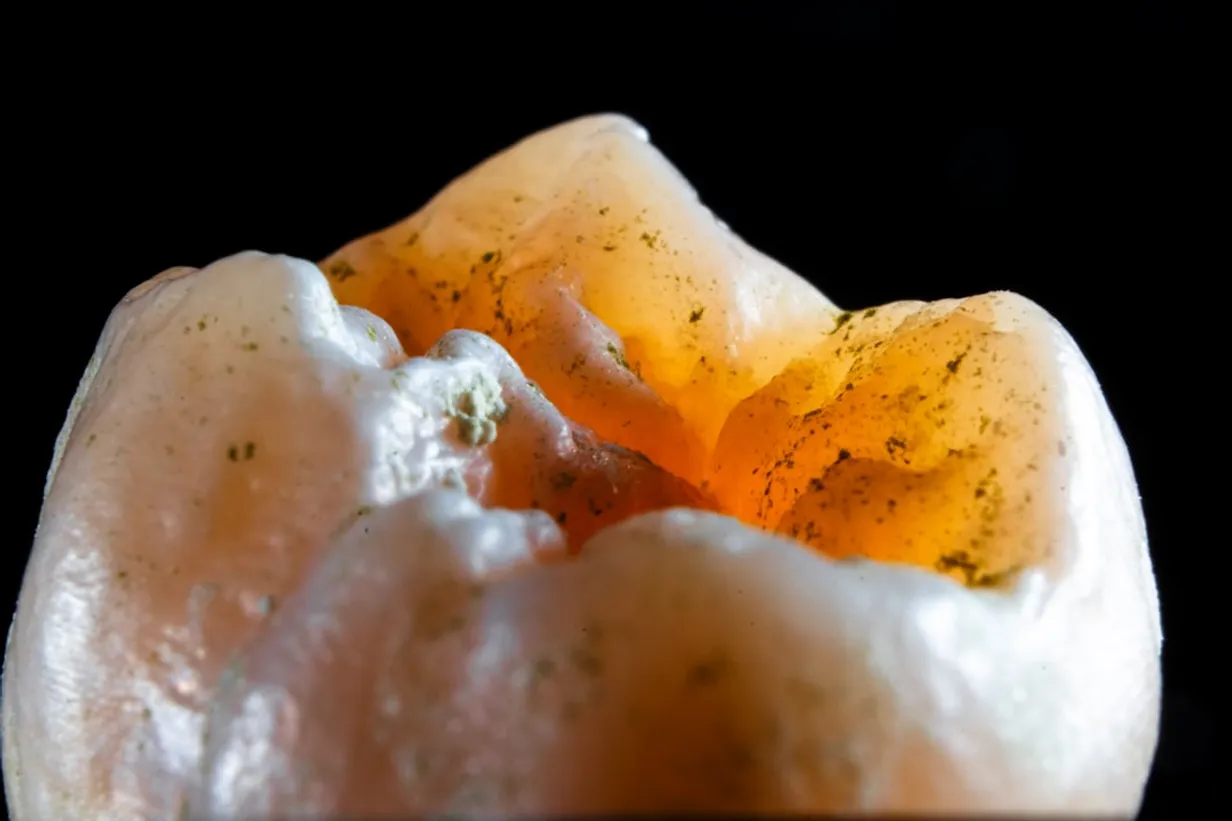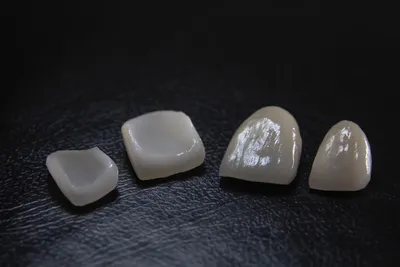
The Dental Implant Recovery Timeline
Understanding the recovery process can help ease any anxieties and ensure that you take the necessary steps for a successful healing experience. Typically, the dental implant recovery can be divided into several key stages:
Initial Healing Phase
In the first 24-48 hours after your dental implant procedure, it is normal to experience some discomfort, swelling, and minor bleeding. During this period, it is crucial to follow your dentist's post-operative instructions carefully. Applying ice packs and taking prescribed pain medication can help alleviate symptoms.
First Week Post-Procedure
Swelling usually peaks within 48 hours and starts to diminish. Any stitches or sutures placed may also start to dissolve if not removed manually. Ensure you maintain a soft-food diet, avoid smoking, and practice gentle oral hygiene to promote healing.
Two to Four Weeks Post-Procedure
By the end of the first month, you should notice a significant reduction in swelling and discomfort. The osseointegration process, where the implant begins to fuse with the jawbone, is in progress. It's paramount to avoid any undue pressure on the implant area during this period.
Long-Term Healing (Three to Six Months)
Complete integration of the implant with the jawbone can take several months. Regular check-ups with your dentist are vital to monitor the progress. Your dentist will guide you on when to proceed with the placement of the abutment and crown as your healing progresses.
Tips for a Smooth Recovery
Adhering to some simple yet effective tips can facilitate a smoother recovery:
- Maintain Oral Hygiene: Keep the mouth clean by gently brushing and using a saltwater rinse as recommended by your dentist.
- Follow Medication Instructions: Take prescribed antibiotics and pain relievers as instructed to prevent infections and manage discomfort.
- Monitor Your Diet: Stick to soft, non-spicy foods that won't irritate the surgical site.
- Avoid Tobacco and Alcohol: Refrain from smoking and consuming alcohol, as they can impede the healing process.
- Attend Follow-Up Appointments: Regular visits to your dentist ensure any complications are addressed promptly.
When to Contact Your Dentist
While some discomfort and minor bleeding are normal, certain symptoms require immediate attention. Contact your dentist if you experience:
- Severe pain that is not managed with prescribed medication
- Prolonged bleeding or swelling
- Signs of infection, such as fever or pus
- Loose or shifting implants
Staying informed and vigilant can make a significant difference in your dental implant recovery journey. Always consult your dentist with any concerns to ensure your path to a restored smile is smooth and successful.
Popular Dental Implant Articles
Check out our most popular articles on dental implants and dentures, trusted by our readers for reliable information.



